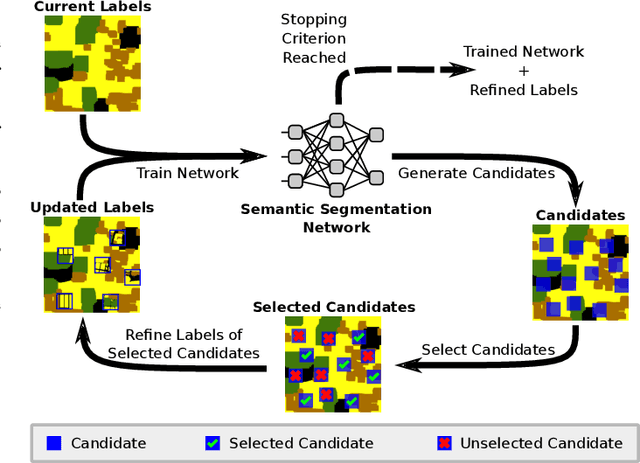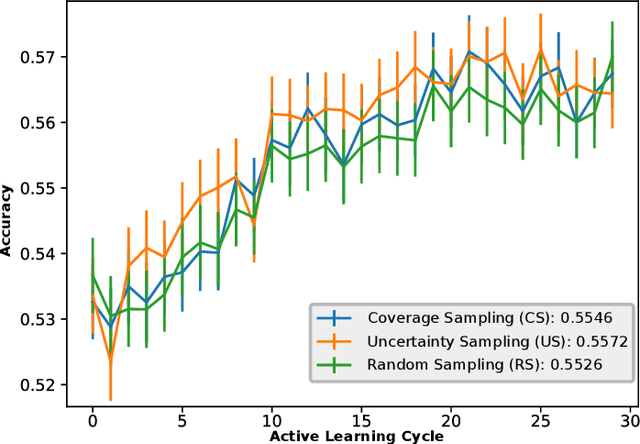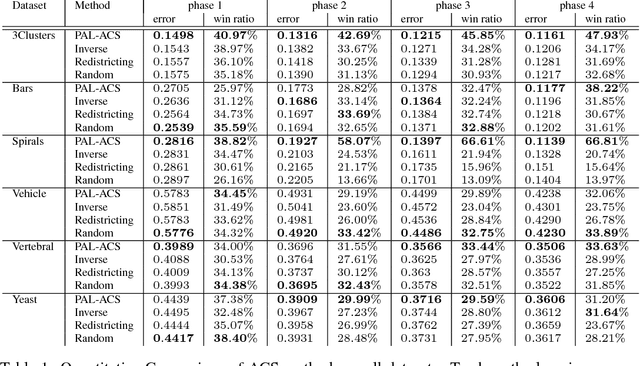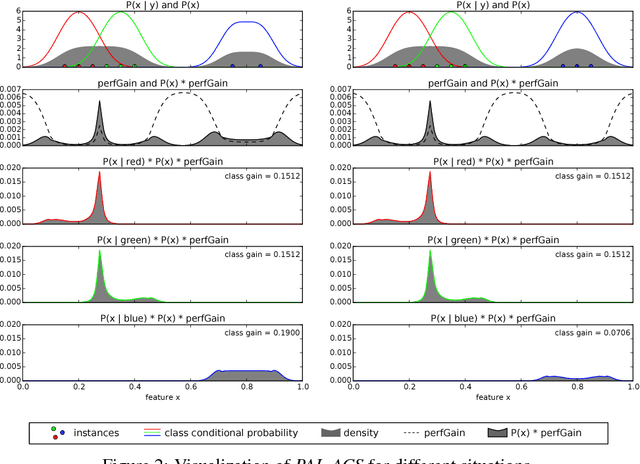Tuan Pham Minh
Active Label Refinement for Semantic Segmentation of Satellite Images
Sep 12, 2023



Abstract:Remote sensing through semantic segmentation of satellite images contributes to the understanding and utilisation of the earth's surface. For this purpose, semantic segmentation networks are typically trained on large sets of labelled satellite images. However, obtaining expert labels for these images is costly. Therefore, we propose to rely on a low-cost approach, e.g. crowdsourcing or pretrained networks, to label the images in the first step. Since these initial labels are partially erroneous, we use active learning strategies to cost-efficiently refine the labels in the second step. We evaluate the active learning strategies using satellite images of Bengaluru in India, labelled with land cover and land use labels. Our experimental results suggest that an active label refinement to improve the semantic segmentation network's performance is beneficial.
Probabilistic Active Learning for Active Class Selection
Aug 09, 2021



Abstract:In machine learning, active class selection (ACS) algorithms aim to actively select a class and ask the oracle to provide an instance for that class to optimize a classifier's performance while minimizing the number of requests. In this paper, we propose a new algorithm (PAL-ACS) that transforms the ACS problem into an active learning task by introducing pseudo instances. These are used to estimate the usefulness of an upcoming instance for each class using the performance gain model from probabilistic active learning. Our experimental evaluation (on synthetic and real data) shows the advantages of our algorithm compared to state-of-the-art algorithms. It effectively prefers the sampling of difficult classes and thereby improves the classification performance.
 Add to Chrome
Add to Chrome Add to Firefox
Add to Firefox Add to Edge
Add to Edge